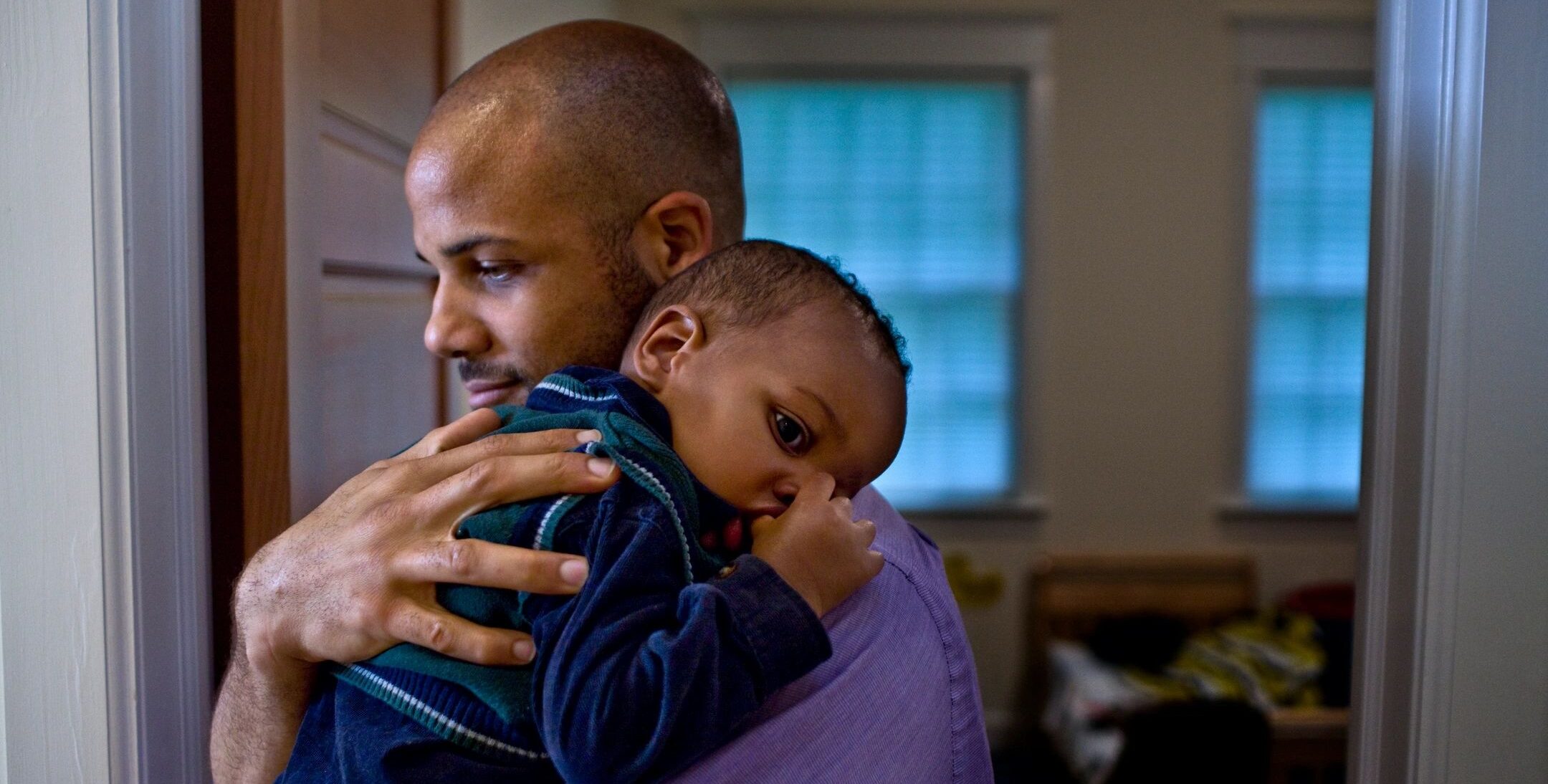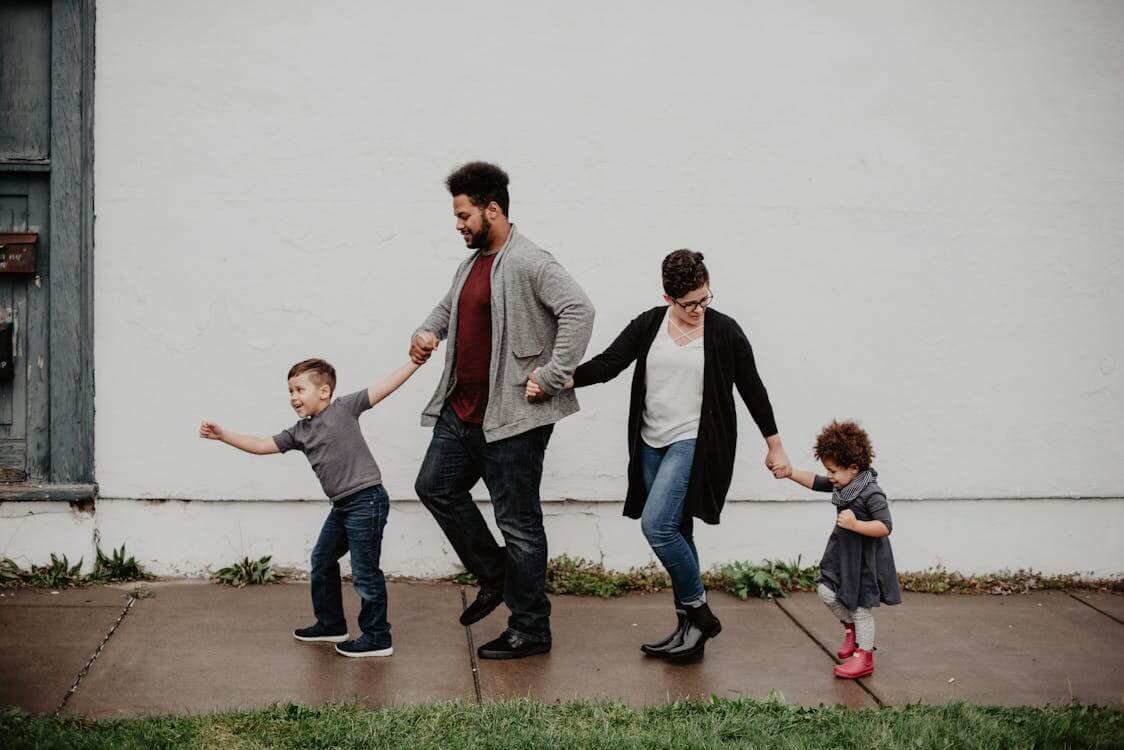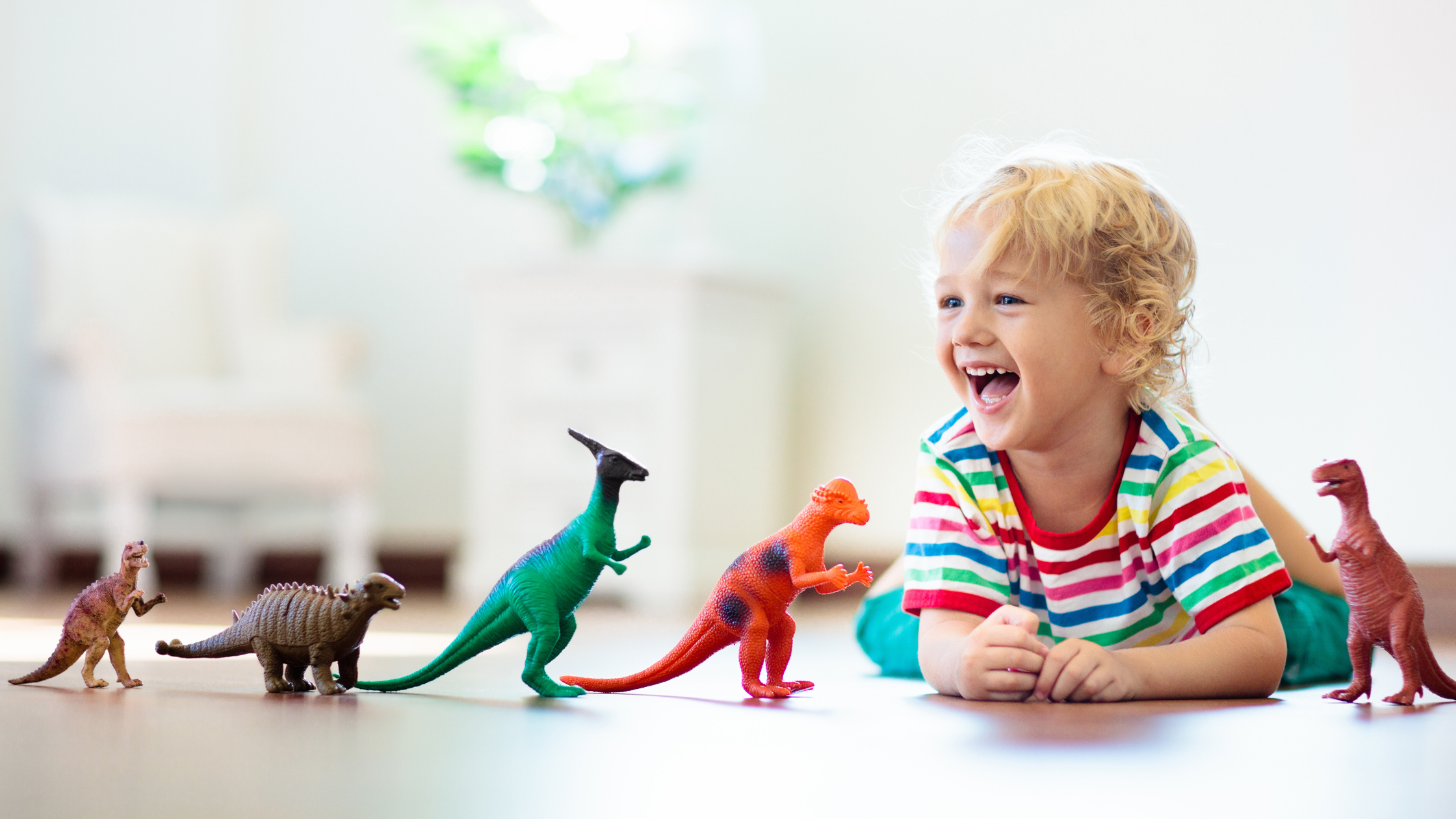Father-child bonding is one of the most powerful contributors to a child’s emotional and social development. While we often focus on physical milestones—weight gain, feeding schedules, first steps—it’s the emotional milestones that shape who our children become. For many dads, especially those who may feel unsure or disconnected in the early days, knowing how to build this bond can make a world of difference.
In this article, we’ll explore practical ways fathers can start bonding with their baby, why that bond is crucial for emotional intelligence, and how to strengthen it through daily interactions. Whether you’re a new dad or just want to become more emotionally attuned to your child’s needs, these tools can help you support your child’s development from day one.
Why Is Father-Child Bonding So Important?
Humans are born dependent. Unlike baby giraffes that can stand and walk within hours, human infants rely entirely on their caregivers for survival. That means emotional security isn’t a luxury—it’s a necessity.
Children thrive in environments where they feel safe, loved, and understood. Emotional attunement from caregivers, including dads, helps shape their future ability to form healthy relationships, regulate emotions, and develop emotional intelligence.
Unfortunately, when dads are uninvolved or emotionally distant, research shows it can lead to a number of challenges:
-
More social and behavioral difficulties
-
Lower academic achievement
-
Increased risk of anxiety, depression, and aggression
Building a strong bond early on helps lay the foundation for long-term emotional resilience and well-being.
When Can Dads Start Bonding with Their Baby?
You don’t have to wait until the baby is born to start creating a connection. In fact, research shows that fetuses can recognize familiar voices around week 27–29. Talk, sing, or read to the baby regularly—your voice becomes a source of comfort even before birth.
Even if you weren’t the one physically carrying the child, your bond is no less important.
Practical Ways to Build the Father-Child Bond
1. Practice Skin-to-Skin Contact (Kangaroo Care)
One of the most effective bonding methods right after birth is kangaroo care—holding your baby against your bare chest. This technique has physical and emotional benefits:
-
Stabilizes baby’s heart rate and temperature
-
Reduces parental stress
-
Increases oxytocin (the bonding hormone) for both parent and baby
For dads, it also boosts feelings of love, patience, and connection.
2. Use Infant Massage to Promote Connection
Gently massaging your baby while talking or singing can become a soothing daily ritual. This mindful time together fosters emotional closeness and helps dads feel more confident in their parenting role. It’s a simple but powerful way to say: “I’m here, I see you, I care.”
3. Be Present in Everyday Moments
Bonding doesn’t require grand gestures—it’s about consistent, attuned presence. Try:
-
Making eye contact during diaper changes
-
Narrating daily routines (“Let’s change your clothes now!”)
-
Mirroring their facial expressions and emotions
These small interactions signal to your child that their feelings matter and help develop their reflective functioning—the ability to understand their own and others’ emotions.
Emotional Intelligence Starts With You
Your baby learns how to feel, respond, and relate by watching you. When you’re emotionally available, responsive, and engaged, you model emotion regulation and empathy. These are key components of emotional intelligence that children carry with them into school, relationships, and adulthood.
If father-child bonding doesn’t come naturally at first, that’s okay. What matters most is showing up consistently and being willing to connect—even in small ways.
Final Thoughts on Strengthening the Father-Child Bond
Building a strong emotional bond is one of the greatest gifts a father can give. From prenatal connection to skin-to-skin care and everyday interaction, dads have many opportunities to shape their child’s emotional world.
Every moment of connection supports emotional intelligence, self-awareness, and trust. And remember—you don’t have to be perfect; you just have to be present.
This article was written in collaboration with the Da Costa Lab that researches parents’ well-being during the transition to parenthood.
References
Movalled, K., Sani, A., Nikniaz, L. et al. The impact of sound stimulations during pregnancy on fetal learning: a systematic review. BMC Pediatr 23, 183 (2023). https://doi.org/10.1186/s12887-023-03990-7
Yildirim F, Büyükkayaci Duman N, Şahin E, Vural G. The Effect of Kangaroo Care on Paternal Attachment: A Randomized Controlled Study. Adv Neonatal Care. 2023 Dec 1;23(6):596-601. doi: 10.1097/ANC.0000000000001100. Epub 2023 Oct 26. PMID: 37884013.
Cheng CD, Volk AA, Marini ZA. Supporting fathering through infant massage. J Perinat Educ. 2011 Fall;20(4):200-9. doi: 10.1891/1058-1243.20.4.200. PMID: 22942622; PMCID: PMC3210630.
https://www.nct.org.uk/information/baby-toddler/caring-for-your-baby-or-toddler/how-can-dads-bond-their-baby#:~:text=It takes time,-Pregnancy%2C birth and&text=But dads can%2C and do,Feldman et al%2C 2010).
Giannotti M, Gemignani M, Rigo P, Venuti P, De Falco S. The Role of Paternal Involvement on Behavioral Sensitive Responses and Neurobiological Activations in Fathers: A Systematic Review. Front Behav Neurosci. 2022 Mar 9;16:820884. doi: 10.3389/fnbeh.2022.820884. PMID: 35355925; PMCID: PMC8959913.














